Palestinians ‘not worth a toothpick’: Major Saudi newspaper attacks Hamas leaders
An influential Saudi newspaper has launched a ferocious attack on the leaders of Hamas, in a move that may be aimed at preparing Saudis for the resumption of normalisation talks with Israel.
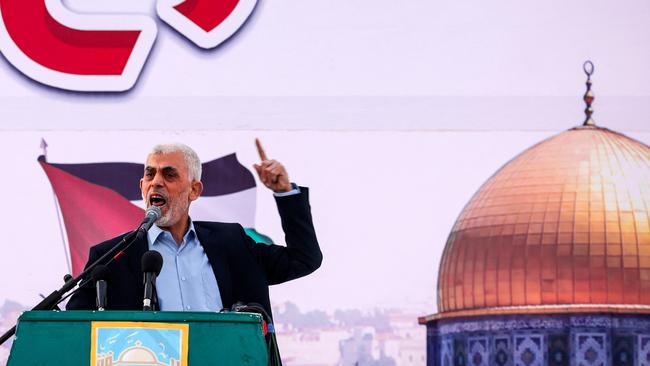
An influential Saudi newspaper has launched an excoriating attack on the leaders of Hamas, accusing them of sacrificing the lives of ordinary Gazans for their militant cause and living in luxury while Palestinians die.
“The dismembered bodies on the roads of Gaza are a bridge to the cause,” writes Saudi journalist Muhammed al-Saed in the article in the Okaz newspaper, one of the most influential outlets in the region.
In the eyes of Hamas leaders Yahya Sinwar and Ismail Haniyeh, “all of Palestine, with its men, women and children, living and dead, is not worth a toothpick,” he adds.
As the clock ticks down until the hoped-for ceasefire that negotiators are keen to have agreed before the start of Ramadan, the Muslim holy month, al-Saed claims a truce will only help Hamas leaders, some of whom will use the rebuilding of the destroyed enclave to enrich themselves.
He is also critical of Palestinian “cafe activists,” who he says will “return to playing backgammon, drinking shisha, and exchanging advice on ways to immigrate to America and Britain, which they have been cursing during the past weeks,” if and when a truce between Israel and Hamas begins.
Al-Saed reserves his harshest criticism for Hamas leaders Sinwar, the architect of the October 7 massacre and Haniyeh, the organisation’s political leader.
Sinwar, who has hidden in the tunnels under Gaza since October 7 with a human shield of Israeli hostages to escape Israeli Defence Forces, would “return to the orange farm that he loves in the middle of Gaza, among his children and grandchildren, and he will sit at the end of the week in his seaside chalet,” he writes.
He adds that Sinwar would claim to Gazan residents that the Hamas cause “was victorious because he was not killed or captured”.
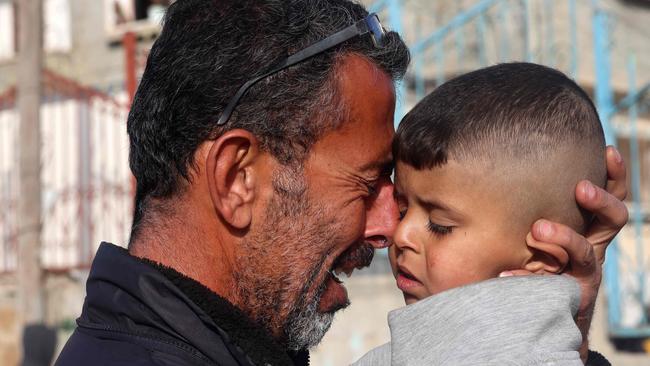
He claims Sinwar would be protected by his relatives from the anger of Gazans who had lost their loved ones over the “whim” of the October 7 massacre.
“His supporters will carry him on their stocky shoulders, after the people of Gaza carried 30,000 bodies on their emaciated shoulders,” he writes.
Al-Saed goes on to say Hamas leaders Khaled Mashal, Ismail Haniyeh, and Musa Abu Marzouk, all of whom live in luxurious exile, would declare “Divine victory” as they raced to counter Sinwar, “who they fear will steal their historical moment”.
“After that, Ismail Haniyeh will take his private plane heading to Tehran, kissing the hand of the Supreme Leader, and visiting the grave of Qassem Soleimani, praising them and offering the duties of loyalty and obedience,” he writes.
The journalist claims that other Hamas leaders would take advantage of the rebuilding of Gaza to enrich themselves via their “contracting companies”.
“As for the rest of the broken and bereaved Gazans, they will return, and each of them has a story of loss,” he writes.
The article is unusual not just for its language but for its attack on a militant organisation that has enjoyed implicit support from its Arab neighbours.
But Arab watchers believe it has been published to persuade Saudis, who have been horrified at Israel’s attacks on Gaza, to turn their backs on Hamas and embrace the resumption of normalisation talks with Israel.
The talks over normalising ties, which began early last year, were a major step in relations between the two countries. They were put on ice after the October 7 massacre by the militant group but they were never abandoned and Geoffrey Miller, a geopolitical analyst who specialises in the Middle East., believes that Saudi Crown Prince Mohammad bin Salman is determined to get the talks back on track as soon as the conflict in Gaza has been resolved.
“The short term goal is to pressure Hamas into agreeing a ceasefire,” he says. “But MBS doesn’t want his long term goal of normalisation to be derailed.”
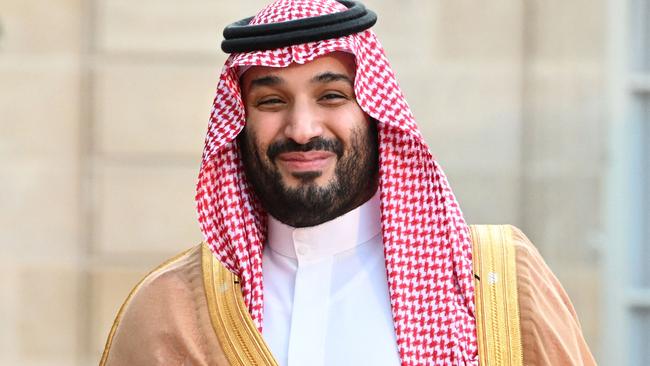
A resumption of talks, however, would come up against Saudi opposition to Israel in the wake of the Gaza invasion. A poll by the Washington Institute at the end of 2023 found the overwhelming majority – 91 per cent – of Saudis supported Palestinians over the conflict, and even more (96 per cent) agreed with the proposal that “Arab countries should immediately break all diplomatic, political, economic, and any other contacts with Israel, in protest against its military action in Gaza.”
While Hamas as an organisation remains unpopular in Saudi Arabia, the poll found 96 per cent of Saudis did not believe that Hamas militants targeted civilians on October 7.
Miller, who recently visited Saudi Arabia, points out that Saudi media, although nominally independent, acts as a mouthpiece of sorts for the country’s royal family and nothing gets published without their consent.
He believes al-Saed’s article was almost certainly published to get Saudis used to the idea of a resumption of normalisation talks soon after the ceasefire.
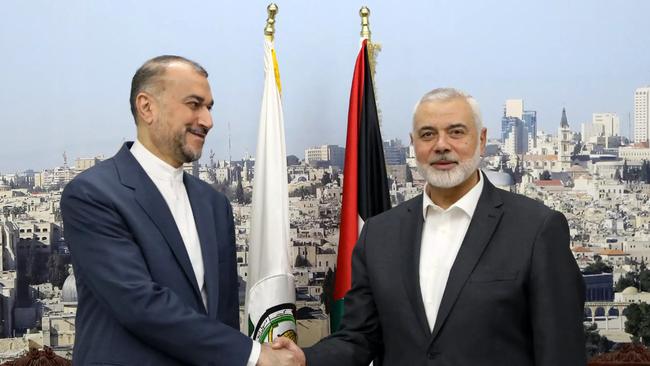
In a similar article in 2022, al-Saed attacked Palestinians and urged Saudi leaders to break with them, in a commentary understood at the time to be aimed at preparing Saudis for a move toward negotiations for normalisation.
“These kinds of articles are used to soften up the public,” Miller tells The Australian. “The biggest takeaway from this is that Mohammad bin Salman is determined to get back to business with the negotiations faster than we thought.
“Remember the theory at the time of attack, that Hamas launched it in part to disrupt the talks. MBS is determined not to let the group upset the apple cart.
“Given the level of resentment toward the Israelis – as mentioned in the Washington Institute poll – it seems incredible that it could happen so quickly but MBS likes to move quickly and he’s determined not to see these fail. Hence an article like this one.”


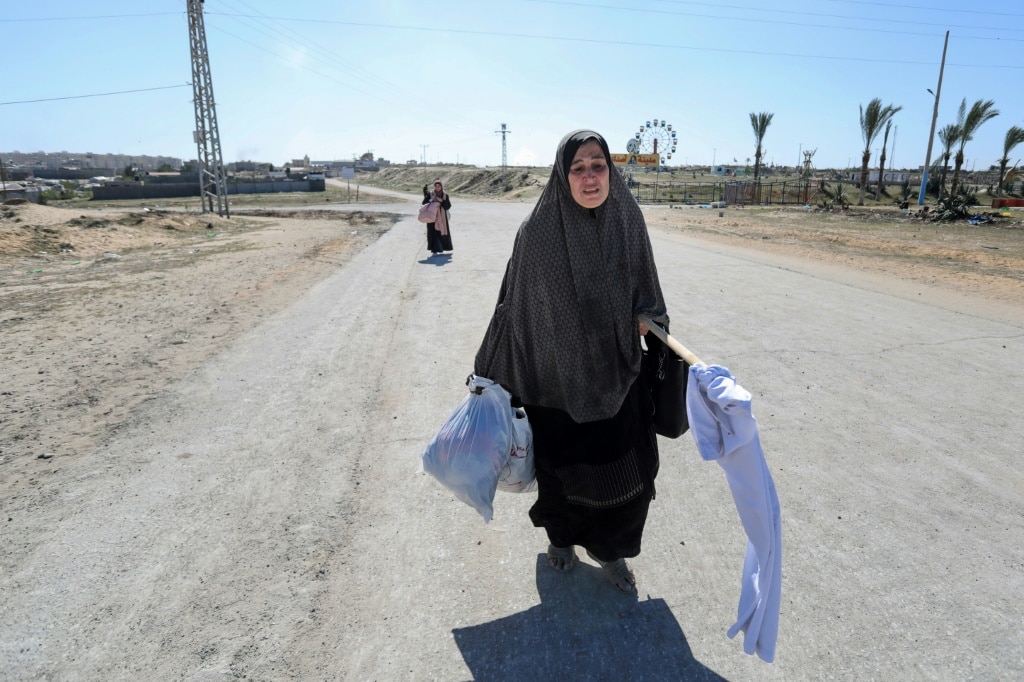
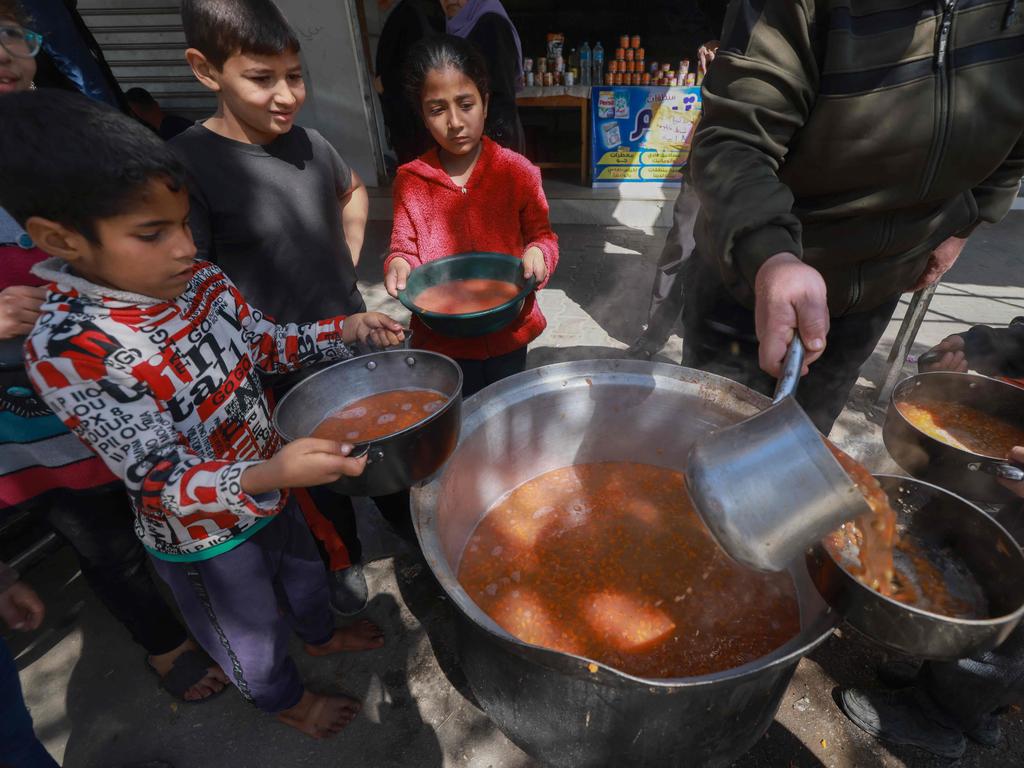

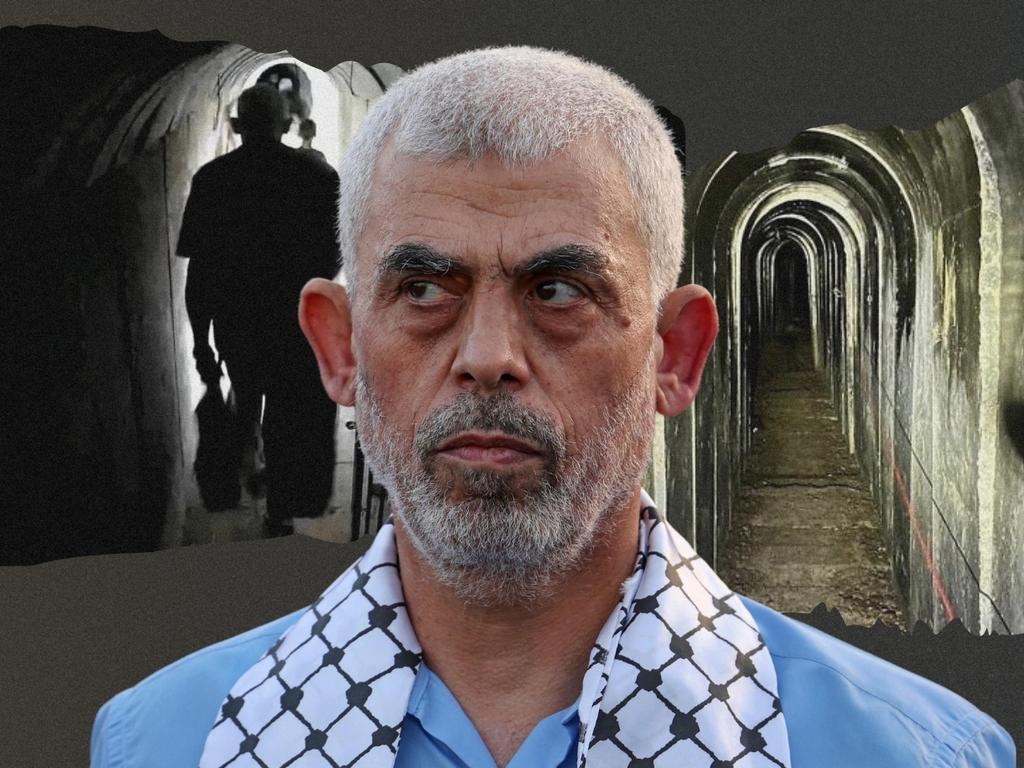

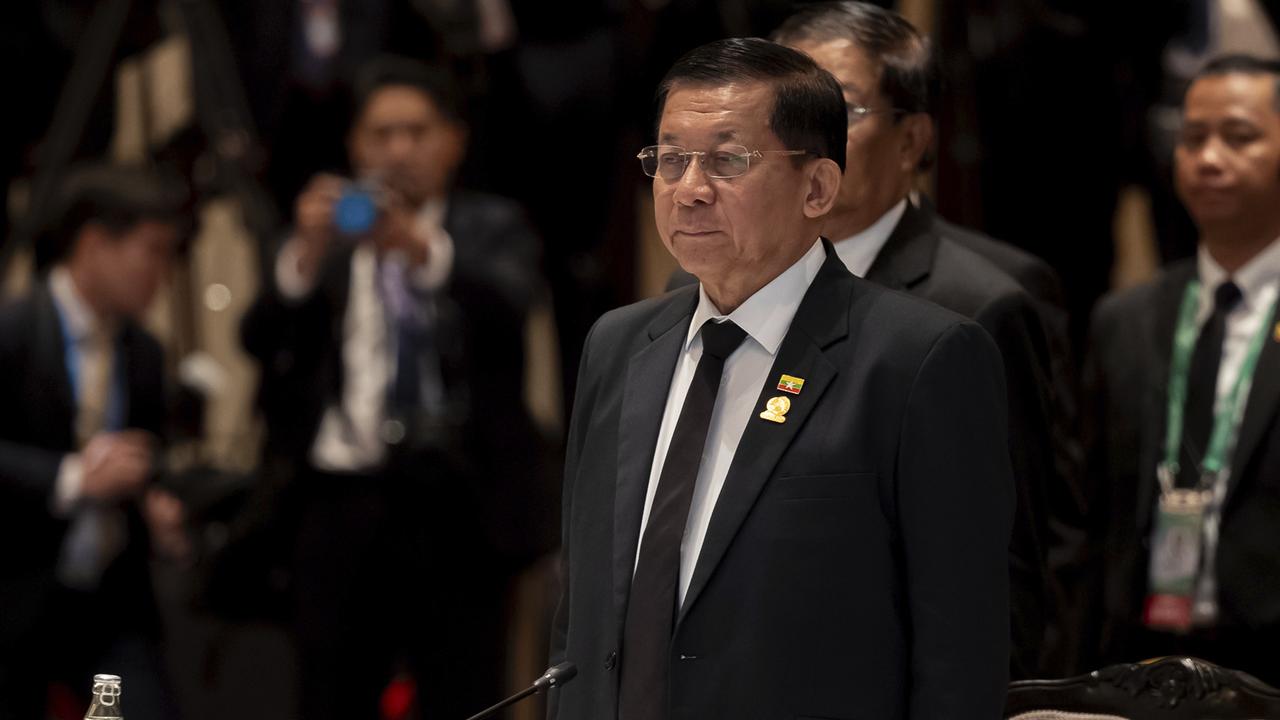
To join the conversation, please log in. Don't have an account? Register
Join the conversation, you are commenting as Logout